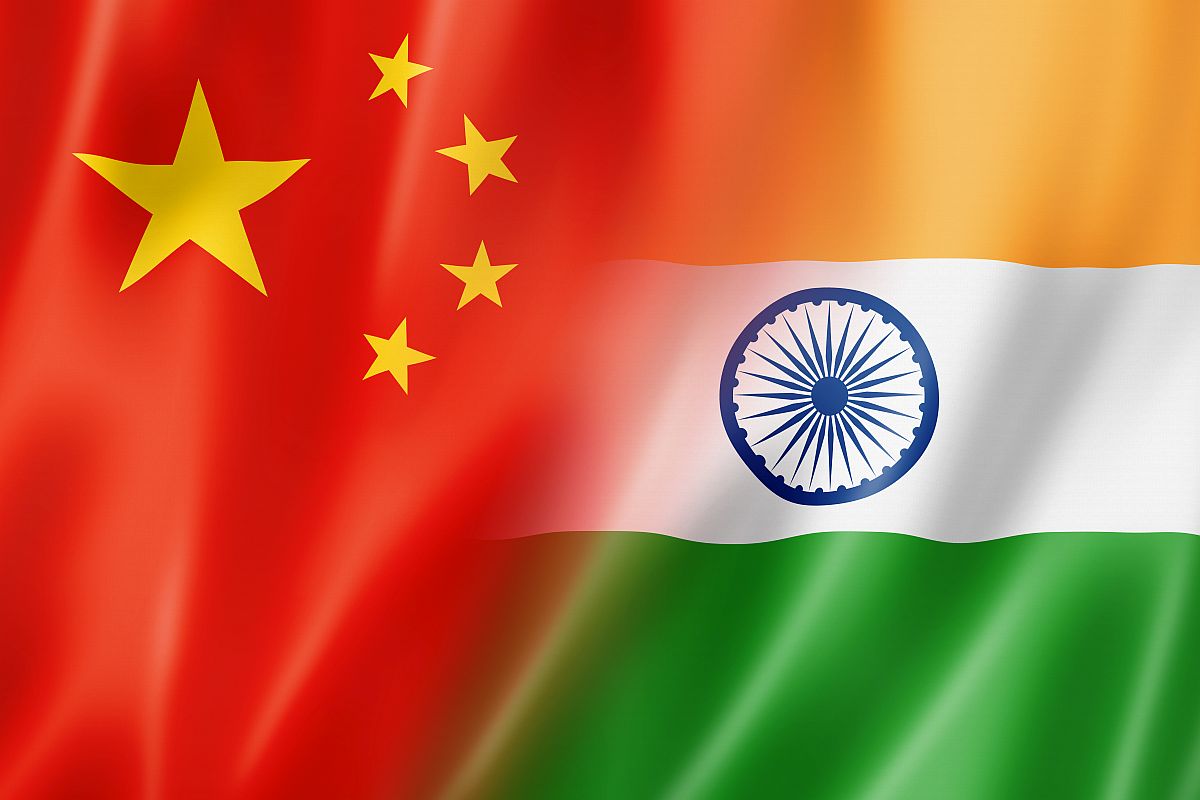India and China
The meeting between External Affairs Minister S. Jaishankar and Chinese Foreign Minister Wang Yi at the G-20 foreign ministers’
Speaking at the two-day ‘Fourth India-China Think-Tanks Forum’ held in Beijing on November 28 to 29, Chinese Vice Foreign Minister Luo Zhaohui said, ‘The simultaneous rise of China and India is the most important historical event in the 21st century.’

Representational Image (Photo: iStock)
Chinese Vice Foreign Minister Luo Zhaohui has said India and China should break the “strange circle” of ups and downs in bilateral ties and try attempting to control their differences. Speaking at the two-day ‘Fourth India-China Think-Tanks Forum’ held in Beijing on November 28 to 29, Luo said, “The simultaneous rise of China and India is the most important historical event in the 21st century.”
“The two sides should go beyond the mode of controlling differences, break the strange circle of ups and downs in bilateral relations, enhance mutual trust, properly handle differences, seek common development, and explore a way for big developing countries to live peacefully and develop together,” Luo, who was previously the Chinese ambassador to India, said according to a statement issued by the Chinese Foreign Ministry.
Advertisement
The Think-Tanks Forum was established between the two countries during Prime Minister Narendra Modi’s visit to China in May 2015. The forum was jointly organised by the Indian Council of World Affairs (ICWA) and the Chinese Academy of Social Sciences (CASS).
Advertisement
Under the theme “India-China Relationship in the Asian Century”, this year’s forum carried out in-depth discussions on various issues including building closer developmental partnership between the two countries, development strategies and experiences in India and China as well as on communication and mutual learning between the countries, said a statement issued by the Indian embassy here.
“These discussions were held in the spirit of friendship and openness and contributed to enhancing mutual understanding between the two sides,” it said. The 15-member Indian delegation was led by TCA Raghavan, Director General ICWA.
The delegation also included former Indian ambassador to China Ashok K Kantha, who is Director of Institute of Chinese Studies (ICS), Soumen Bagchi, Deputy Director General ICWA, Dilip Chenoy, Secretary General of Federation of Indian Chambers of Commerce and Industry (FICCI) as well as scholars and academics from various thinks-tanks and academic institutions in India.
Top Indian and Chinese diplomats who took part in the discussions have agreed that India and China should cooperate regionally and globally and must maintain multi-dimensional relationships for the realisation of an Asian Century. The Chinese delegation of scholars and academics was led by Xie Fuzhan, President of CASS and Luo Zhaohui, Vice Minister of Foreign Affairs, the statement said.
“The participants were unanimous in their view that being neighbouring and rapidly developing countries, it is important for both India and China to cooperate bilaterally as well as regionally and globally, and that India-China relations is one of the key relations for emergence of an Asian Century,” the Indian embassy statement said.
“As the two economic powerhouses of Asia, India and China, are not only the key drivers of the economic emergence of Asia that heralds an Asian century but are also central to redefining the global economic order,” said Raghavan, the former ambassador to Pakistan.
The two big powers of the continent, India and China, must maintain multi-dimensional relationships, assist smaller powers in their own national rejuvenation and play significant roles not only in integrating regional economies but in generating shared perceptions on security, he said.
“With growing US unilateralism, rising protectionism in developed economies and the crisis in multilateral institutions, during a slowdown in the global economy, it is critical that these two countries deepen their cooperation bilaterally as well as globally,” he said.
The establishment of the High Level Mechanism (HLM) on cultural and people-to-people exchanges was an important outcome of the Wuhan Summit which is the first informal meeting between Modi and Chinese President Xi Jinping in 2018, he said. The two leaders during their second informal summit at Mamallapuram recently decided to set up a high-level economic and trade dialogue mechanism to discuss issues related to trade imbalances, investment and services, Raghavan said.
The mechanism has raised hopes in India that the issues of the galloping trade deficit between the two countries and market access related challenges that Indian goods face in Chinese markets will be addressed at the very top level of decision making, he said.
“The two transformational leaders of both nations have responded to unique national problems with a new development paradigm and view of the world order,” he said.
Deputy ambassador of India to China, Dr Acquino Vimal said, “It is important to understand that this century undoubtedly belong to India and China. With one large population, it is an undeniable fact that the world is looking at these two large countries as potential market and land of opportunity.”
He said there was a need to develop a network of scholars, who are studying about India and China as well as the bilateral relations and both countries identify research works which could be considered for translation and distribution in each other’s countries.
“We should consider reciprocal short term visit or internship of three months or six months by young scholars in each other’s research centres to undertake research work. This will also help them to work on their own doctorate or post doctorate thesis,” he said.
Advertisement